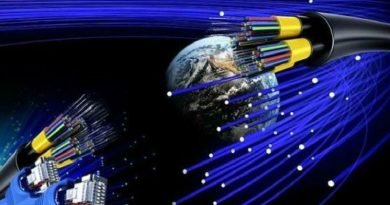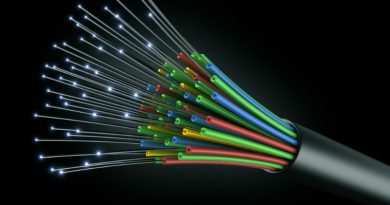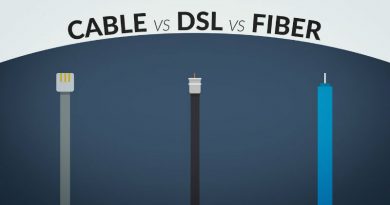10 Ways Fibre Internet Access Helps Companies Make Money
Some believe that today’s business world has gone wireless. The reality is, whether it’s 5G mobile or high definition Wi-Fi, information gets stored on the server, Along the way, a hardwired connection is required to access it. Fiber connectivity is the best and most secure way for a business to reach a server full of data.
There are many benefits to the wiring in the building with a fiber optic cable vs. copper wiring. At first, it can seem unnecessary to re-wire a fiber office, particularly if your internet access services seem to be sufficient much of the time. However, investing in fiber connectivity will potentially help the company make more profits in the short and long term.
Because fiber technology is state-of-the-art, you might not know all the benefits. You’ve also heard of older, obsolete Internet systems such as wireless Internet, coaxial cable, or twisted pair lines known as DSL. At one time, each of them was at the cutting edge of internet access, but today, fiber optic cable is taking the lead.
Here are ten ways fiber connectivity is helping businesses make money today.
1. Fast Speeds
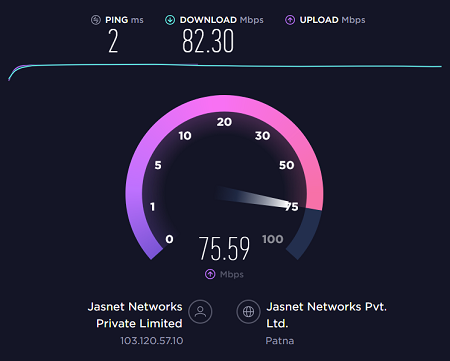
Fiber optic internet is also faster than older copper wire technology, largely because the materials used to make the fibers are mechanically superior to data transmission. Even the best quality copper is unable to transmit data from point A to point B anywhere near as fast as the fiber optic cable. Since you and your colleagues can access information at faster speeds, productivity improves instantly.
Rapid speeds are even more important for companies that see transitions between busy and slow times. Even if your copper wiring seems to serve your needs on an ordinary day, your ability to access the internet may decrease during the peak period of the month or year. Fiber networking prevents all seasonal slowdowns.
2. Unprecedented reliability
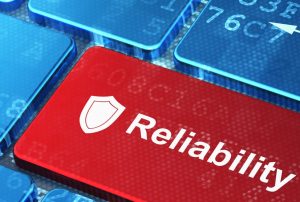 Fiber optic resources are more reliable than copper wire connections.
Fiber optic resources are more reliable than copper wire connections.
A signal traveling through can be interfered with by weather and electricity.
Fiber-optic connections are stronger and more impervious to outer interference.
For the connection to stop, fibers have to be physically cut. You don’t have to worry as long as your fiber cables are well protected. Rain, ice, and high heat levels will not cause problems as they do with coaxial cable in copper. If your business needs a reliable connection with minimal interference fiber connectivity should be your first choice.
3. Strong Signals
 The loss of signal strength is one of the biggest problems with copper wired connections. The further down the line your computer gets, the weaker your signal is. Constructions in remote or rural areas are most affected by signal losses. Fiber connectivity eliminates this headache, allowing hundreds and thousands of miles of messages to travel with no damage whatsoever.
The loss of signal strength is one of the biggest problems with copper wired connections. The further down the line your computer gets, the weaker your signal is. Constructions in remote or rural areas are most affected by signal losses. Fiber connectivity eliminates this headache, allowing hundreds and thousands of miles of messages to travel with no damage whatsoever.
Every person on your team can get the same, powerful internet signal with fiber installed on-site, no matter where they are in the house. This strength is particularly important for companies that work with on-site customers. Better signals mean quicker sales, customers more contented.
4. Higher Bandwidth
A much higher bandwidth than conventional internet distribution technology is another great advantage of fiber optic communication. It’s not infinite bandwidth, but versus copper wire, it’s so great. More bandwidth means companies can do more stuff at once they start using fiber. Even more at once. Graphs, videos, and other large files sent from one office to another all take up high bandwidth speeds. Applications built in the cloud require bandwidth, too.
Twenty workers trying to send and receive massive files all at once could accomplish the mission on a fiber set up in a fraction of the time that copper wire will take over.
5. Outstanding Cloud Access
 Fiber optic internet may also be of interest to organizations depending on cloud connectivity. Most of the software was stored on-site twenty years ago, either on individual PC hard drives or on a local server. Now almost all the new tech manufacturers are using cloud computing for part or all of the programs. Even long-time favorite business suites, including Microsoft Office and Sales force, need the full functionality in the cloud for business.
Fiber optic internet may also be of interest to organizations depending on cloud connectivity. Most of the software was stored on-site twenty years ago, either on individual PC hard drives or on a local server. Now almost all the new tech manufacturers are using cloud computing for part or all of the programs. Even long-time favorite business suites, including Microsoft Office and Sales force, need the full functionality in the cloud for business.
Fiber optic internet connections ensures quicker access to data in the cloud. If this is consumer information or key business systems, the team is going to servers quicker and more effectively. Depending on where your offices are located, you can be thousands of miles from the server where your client files are stored. The better your communication, the better you will be able to satisfy your customers and address their needs. This easy access can also lead to better retention rates for the company due to higher than average customer service levels.
6. State of the art Security
 Connectivity to fiber is better than older cable systems. Hackers invented a way to gain access to cable infrastructure very easily through a technique called cable tapping. Criminals placed a system next to the copper wire to intercept signals that pass through it. With a fiber-optic internet connection, that cannot be achieved. And if a hacker somehow hacked into the cable, there would be no stealing information, as all communications would end.
Connectivity to fiber is better than older cable systems. Hackers invented a way to gain access to cable infrastructure very easily through a technique called cable tapping. Criminals placed a system next to the copper wire to intercept signals that pass through it. With a fiber-optic internet connection, that cannot be achieved. And if a hacker somehow hacked into the cable, there would be no stealing information, as all communications would end.
7. Fast Scalability
Scalability is what many businesses invest in preparing time for these days. If you are new, planning for times of potential development and expansion is a procedure. With your building wired with fiber connectivity, you will be ready for operations at any time on a much larger scale since so much knowledge will pass through each link. Large buildings with tonnes of workers will operate continuously, without ever suffering from latency or slowing down, even though the operations are significantly growing.
8. Unlimited Uploading

- You may have seen a postcard or TV commercial for residential internet service that talks about upload vs. download speeds.
- Many providers will throttle upload speeds to save bandwidth for the download stream.
- This restriction is fine for households that don’t upload files to the internet regularly, but for businesses, this can be a real hindrance to productivity.
Some fiber connectivity provider, such as Jasnet, provide you with equivalent download and upload rates so that your business can send information as quickly as it is received. Faster uploads make customer interactions, invoicing and payment processing more agile.
9. Reduced Lag Times
Anyone who has downloaded video content knows about the latency that causes the video to pause or the audio to break up. That type of disorder is called latency. But having a building that is wired with internet fiber connectivity effectively removes latency, at least to the end of your business. More information can be transmitted considerably when uploading and downloading with fiber at the same time.
That is one of the reasons businesses have difficulties with video conferencing: it takes a lot of bandwidth to simultaneously transmit video and audio. If you’ve built fiber connectivity, you should anticipate higher quality Voice over IP calls. This enhanced level of digital interaction leads to better trust from customers and business partners, and in turn, stronger sales.
10. HD-Ready Service
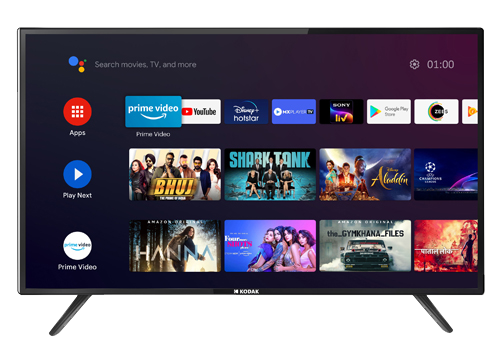
It’s no secret that, in today’s business world, high definition video is becoming more entrenched. If that means HD YouTube advertisement videos or teleconferencing with distant business partners, all sectors of the business world need to be HD ready. The good news is, Jasnet’s fiber internet access makes you 100% ready for “prime time.” With fast speeds, unprecedented reliability, and a higher capacity than copper, your company can meet market demands today, improving both workplace productivity and overall sales.


